News
Two new Court of Appeal Justices sworn In
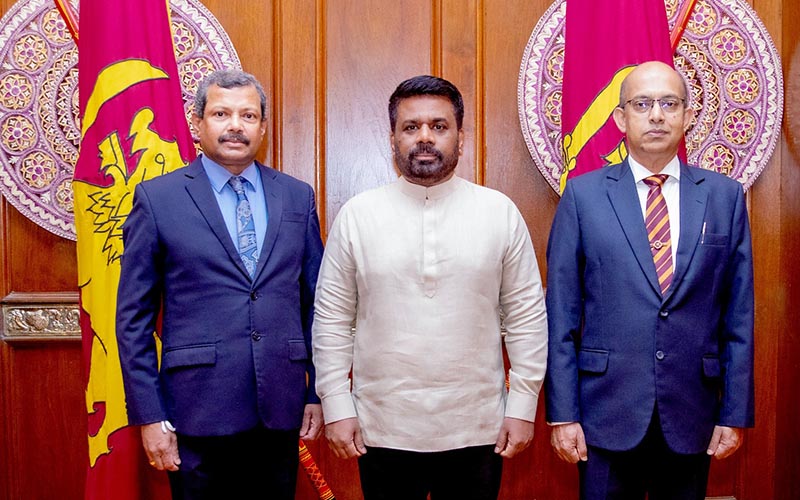
Two newly appointed Court of Appeal Justices were formally sworn in before President Anura Kumara Disanayake at the Presidential Secretariat on Thursday(09) morning.
Accordingly the appointments were conferred upon Attorneys-at-Law. K.M.S. Disanayake and . R.P. Hettiarachchi, who took their oaths in the presence of the President.
The Secretary to the President, Dr. Nandika Sanath Kumanayake, was also present at the occasion.
Latest News
PM meets newly appointed heads of missions
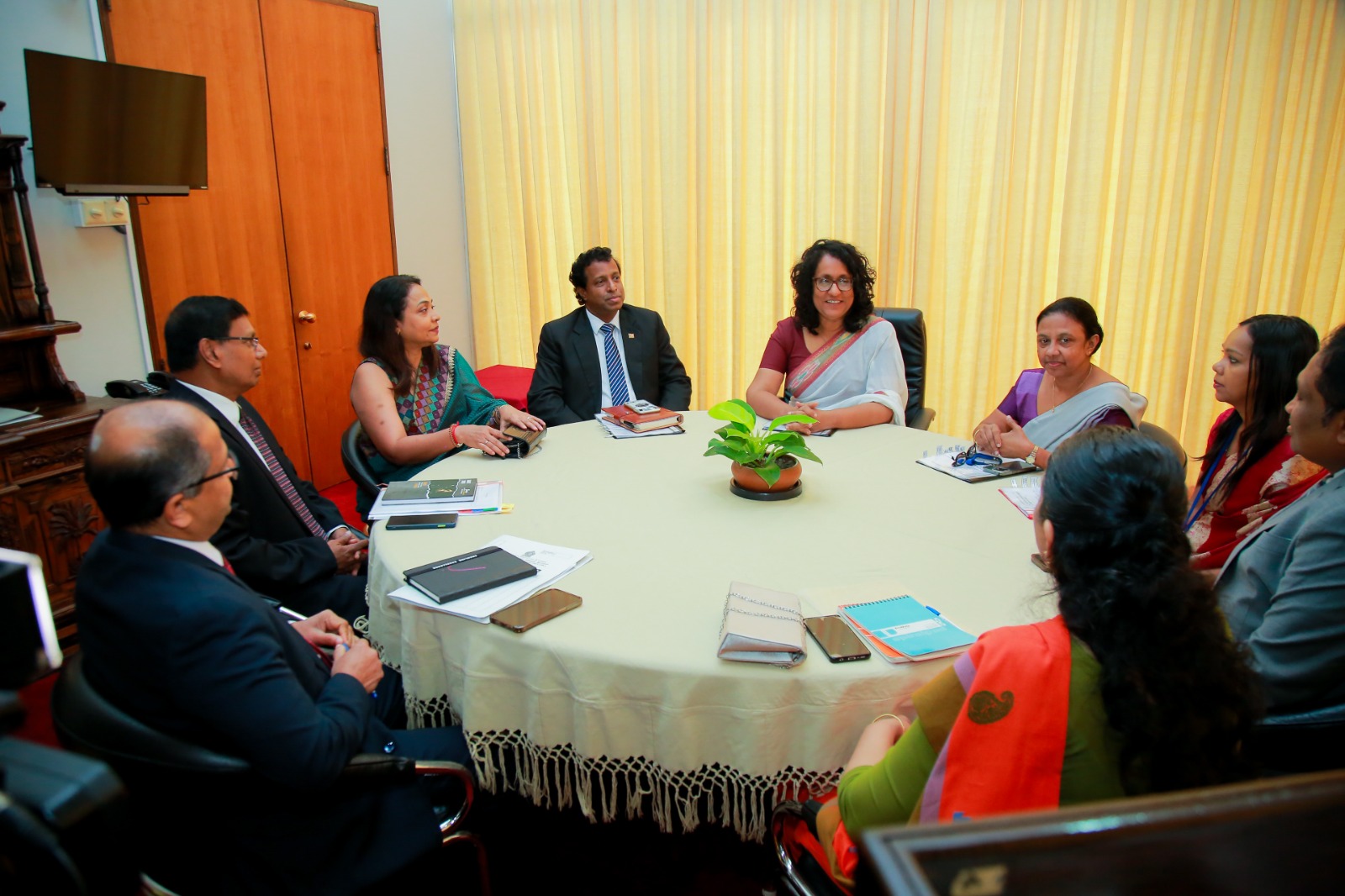
The newly appointed Heads of Mission of Sri Lanka met with the Prime Minister Dr. Harini Amarasuriya at the Parliament of Sri Lanka to discuss avenues for strengthening diplomatic collaboration.
The discussions focused on expanding trade, tourism, and other key areas of bilateral and multilateral cooperation. Prime Minister Amarasuriya emphasized the importance of enhancing trade relations and exploring new opportunities for Sri Lankan products in global markets. She highlighted the need to establish a stronger presence in emerging markets while promoting greater visibility for local industries to ensure sustainable economic growth.
The Heads of Mission included Ms. R.S. Khan Azard, Ambassador-designate to the State of Qatar; Mr. W.G.S. Prasanna, High Commissioner-designate to New Zealand; Ms. S.K. Gunasekera, Ambassador-designate to the Russian Federation; Mr. L.P. Ratnayake, Ambassador-designate to the State of Kuwait; and Mr. A.S.K. Senaviratne, Ambassador-designate to the Arab Republic of Egypt.
Pradeep Saputhanthri, Secretary to the Prime Minister, and Ms. Sagarika Bogahawatta, Additional Secretary to the Prime Minister, attended the meeting.
[Prime Minister’s Media Division]
News
M.L. Gammampila appointed Chief Secretary of the Uva Province
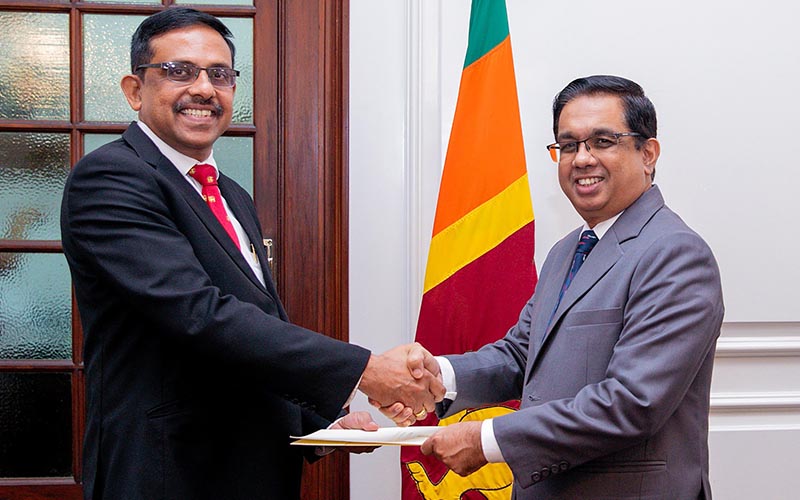
President Anura Kumara Disanayake has appointed M.L. Gammampila as the Chief Secretary of the Uva Province.
The official appointment letter was handed over to Mr Gammampila on Thursday (9) morning at the Presidential Secretariat by Dr. Nandika Sanath Kumanayake, Secretary to the President.
News
PM tables Appropriation Bill for 2025 detailing total expenditure of Rs. 4,616 bn
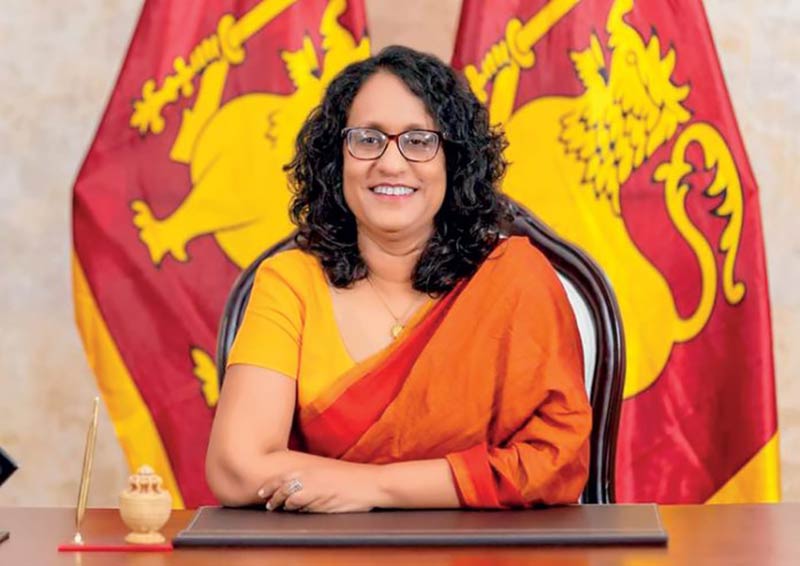
Highest allocation for Finance Ministry
By Saman Indrajith
The Appropriation Bill for the financial year 2025, outlining government expenditure totaling Rs. 4,616 billion, was presented to Parliament yesterday.Prime Minister Dr. Harini Amarasuriya tabled the bill during its first reading, setting the stage for a detailed debate and approval process.
According to the Parliament’s schedule, the second reading of the bill will take place on February 17, 2025, followed by a debate from February 18 to February 25. The second reading vote is slated for the evening of February 25. The Committee Stage Debate, also known as the Third Reading Debate, will run from February 27 to March 21, culminating in the third reading vote on the evening of March 21.
The total expenditure for 2025 has been allocated across various ministries and special spending units, reflecting the government’s fiscal priorities. The highest allocation has been made to the Ministry of Finance, Planning, and Economic Development, which has been allocated Rs. 484 billion for recurring expenses and Rs. 229 billion for capital expenditures, totaling Rs. 713 billion. Similarly, the Ministry of Defence is set to spend Rs. 382 billion on recurring costs and Rs. 60 billion on capital initiatives, while the Ministry of Justice and National Integration has been allocated Rs. 38 billion and Rs. 16 billion for recurring and capital expenditures, respectively.
The Ministry of Buddha Sasana, Religious, and Cultural Affairs has been allocated Rs. 8.3 billion for recurring expenses and Rs. 5.4 billion for capital projects.
The Ministry of Health and Mass Media will manage Rs. 412 billion in recurring costs and Rs. 95 billion for capital development. The Ministry of Foreign Affairs, Foreign Employment, and Tourism will spend Rs. 19.4 billion on recurring expenses and Rs. 2 billion on capital projects. In contrast, the Ministry of Trade, Commerce, Food Security, and Cooperative Development has been assigned Rs. 2.6 billion for recurring expenditures and Rs. 397 million for capital outlays.
The Ministry of Transport, Highways, Ports, and Civil Aviation will handle Rs. 52.4 billion for recurring costs and a significant Rs. 421 billion for capital works. The Ministry of Agriculture, Livestock, Lands, and Irrigation will allocate Rs. 83 billion for recurring expenses and Rs. 124 billion for capital development. The Ministry of Energy has been provided Rs. 1 billion for recurring expenditures and Rs. 20 billion for capital projects, while the Ministry of Urban Development, Construction, and Housing will manage Rs. 3 billion in recurring expenses and Rs. 98 billion in capital investments.
Smaller allocations include Rs. 24 billion and Rs. 5 billion for recurring and capital expenditures, respectively, for the Ministry of Rural Development, Social Security, and Community Empowerment. The Ministry of Education, Higher Education, and Vocational Education will spend Rs. 206 billion on recurring expenses and Rs. 65 billion on capital projects. The Ministry of Public Administration, Provincial Councils, and Local Government will oversee Rs. 463 billion for recurring costs and Rs. 33 billion for capital works.
Other ministries include the Ministry of Plantations and Community Infrastructure, with Rs. 5.4 billion for recurring expenses and Rs. 11 billion for capital projects; the Ministry of Industries and Entrepreneurship Development, with Rs. 4 billion and Rs. 8 billion, respectively; and the Ministry of Fisheries and Aquatic Resources, with Rs. 6.2 billion for recurring costs and Rs. 5.2 billion for capital initiatives.
Additionally, the Ministry of Environment has been allocated Rs. 12 billion for recurring expenses and Rs. 3.5 billion for capital development. The Ministry of Women and Child Affairs will receive Rs. 14 billion for recurring costs and Rs. 392 million for capital projects. The Ministry of Digital will manage Rs. 6.7 billion and Rs. 6.8 billion for recurring and capital expenditures, respectively.
Further allocations include Rs. 159 billion for recurring and Rs. 16 billion for capital expenses for the Ministry of Public Security and Parliamentary Affairs. The Ministry of Labour will handle Rs. 4.3 billion and Rs. 1.7 billion for recurring and capital expenditures, respectively. The Ministry of Youth Affairs and Sports has been allocated Rs. 7.1 billion for recurring expenses and Rs. 5 billion for capital initiatives. Finally, the Ministry of Science and Technology will spend Rs. 2.8 billion on recurring costs and Rs. 2.2 billion on capital projects.
Special spending units also received allocations. The President’s operational activities have been allocated Rs. 2.5 billion recurring and Rs. 354 billion for capital expenditures, with an additional Rs. 20 million recurring and Rs. 100 million for capital development activities. The Office of the Prime Minister will receive Rs. 1 billion for recurring expenses and Rs. 71 billion for capital projects. The Judges of the Superior Courts will manage Rs. 451 million for recurring costs and Rs. 30 million for capital works, while the Office of Cabinet Ministers will handle Rs. 205 million recurring and Rs. 25 million in capital expenditures.
-
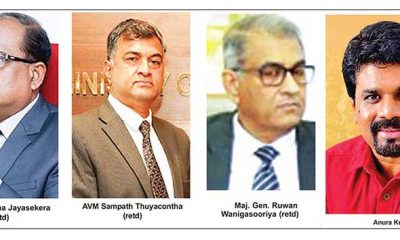
 Midweek Review3 days ago
Midweek Review3 days agoUnfolding AKD security strategy
-

 News6 days ago
News6 days agoLanka on alert as deadly HMPV outbreak spreads in China
-
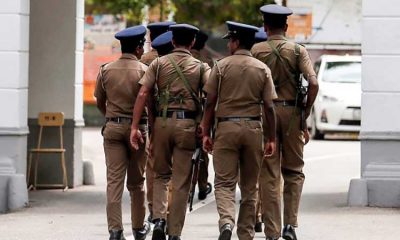
 News7 days ago
News7 days agoReshuffle of senior cops on the cards
-
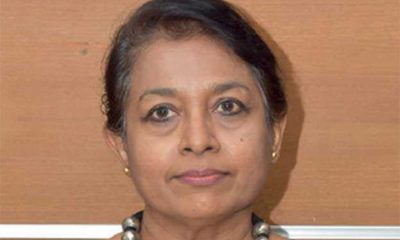
 News5 days ago
News5 days agoProf. Udagama condemns Peradeniya Uni ban on IMF austerity programme lecture
-
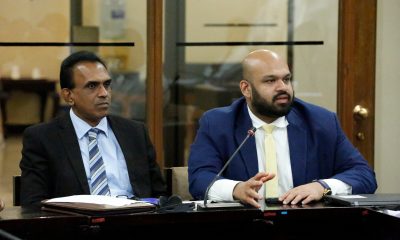
 Latest News1 day ago
Latest News1 day agoMembers of Parliament Prof. Chrishantha Abeysena and Shanakiyan Rasamanickam elected as Co-Chairs of the Parliamentary Caucus for Open Parliament Initiative
-

 Editorial7 days ago
Editorial7 days agoSaving children from corporate greed
-

 Sports3 days ago
Sports3 days agoZumri steps onto a field of rugby magicians
-
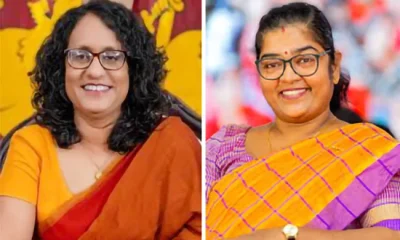
 Features4 days ago
Features4 days agoThe future is female











